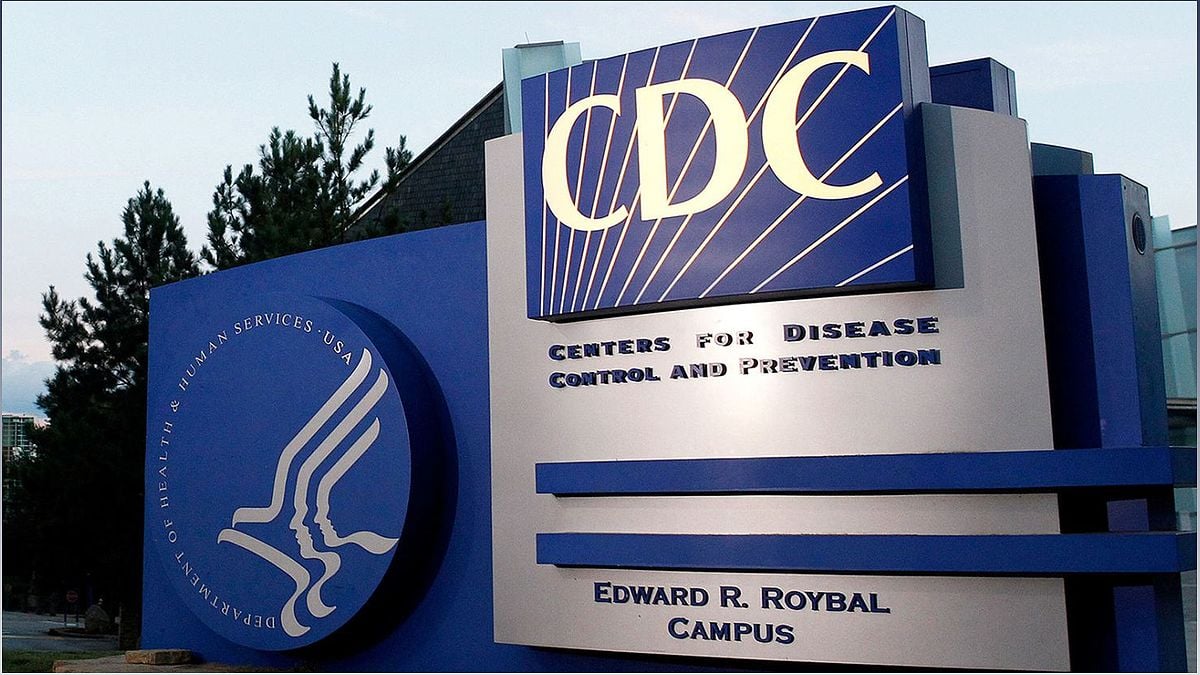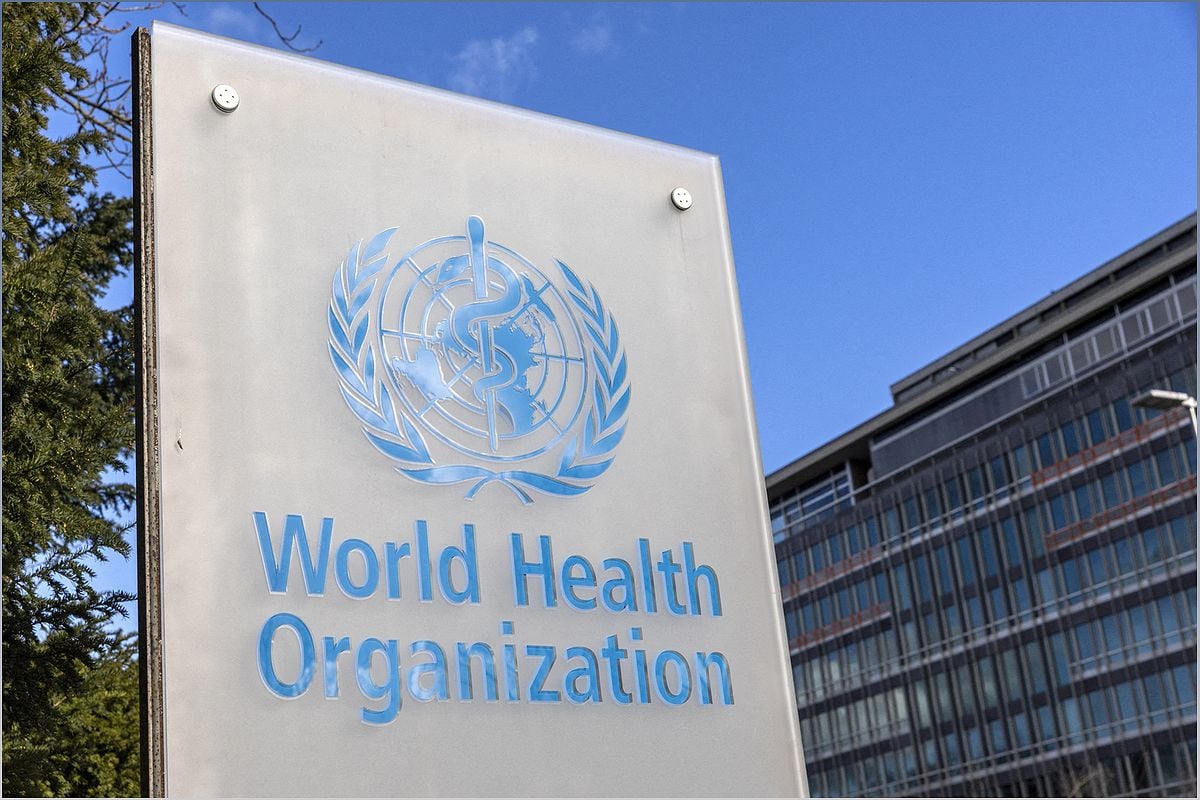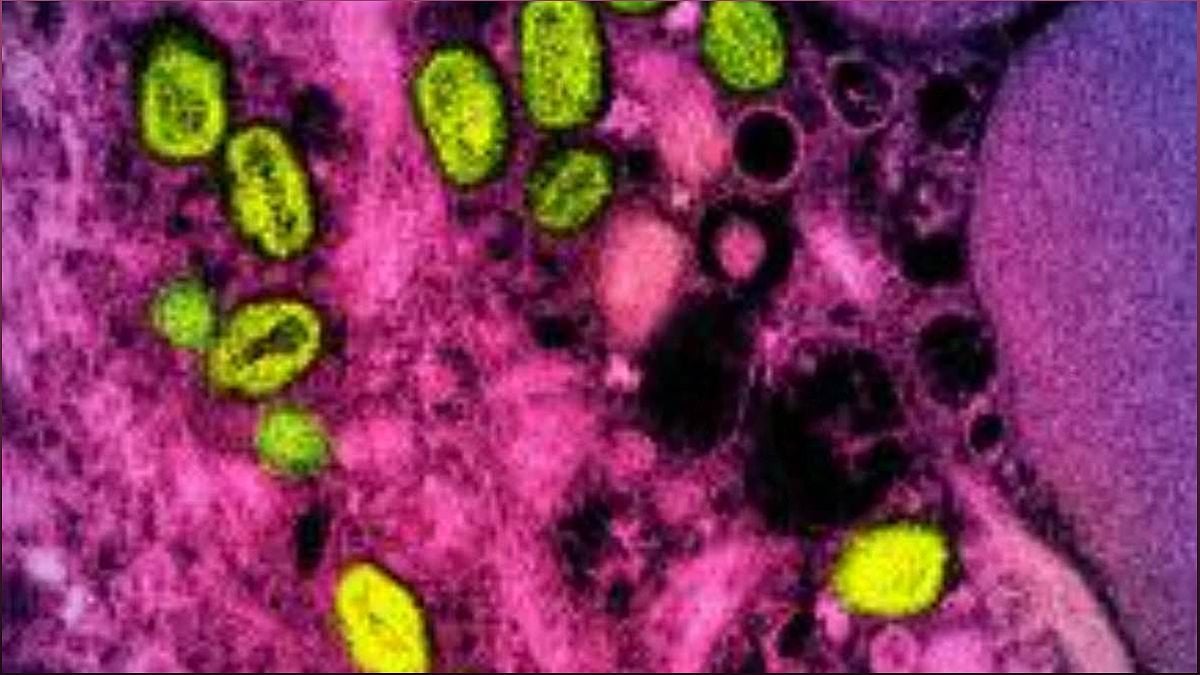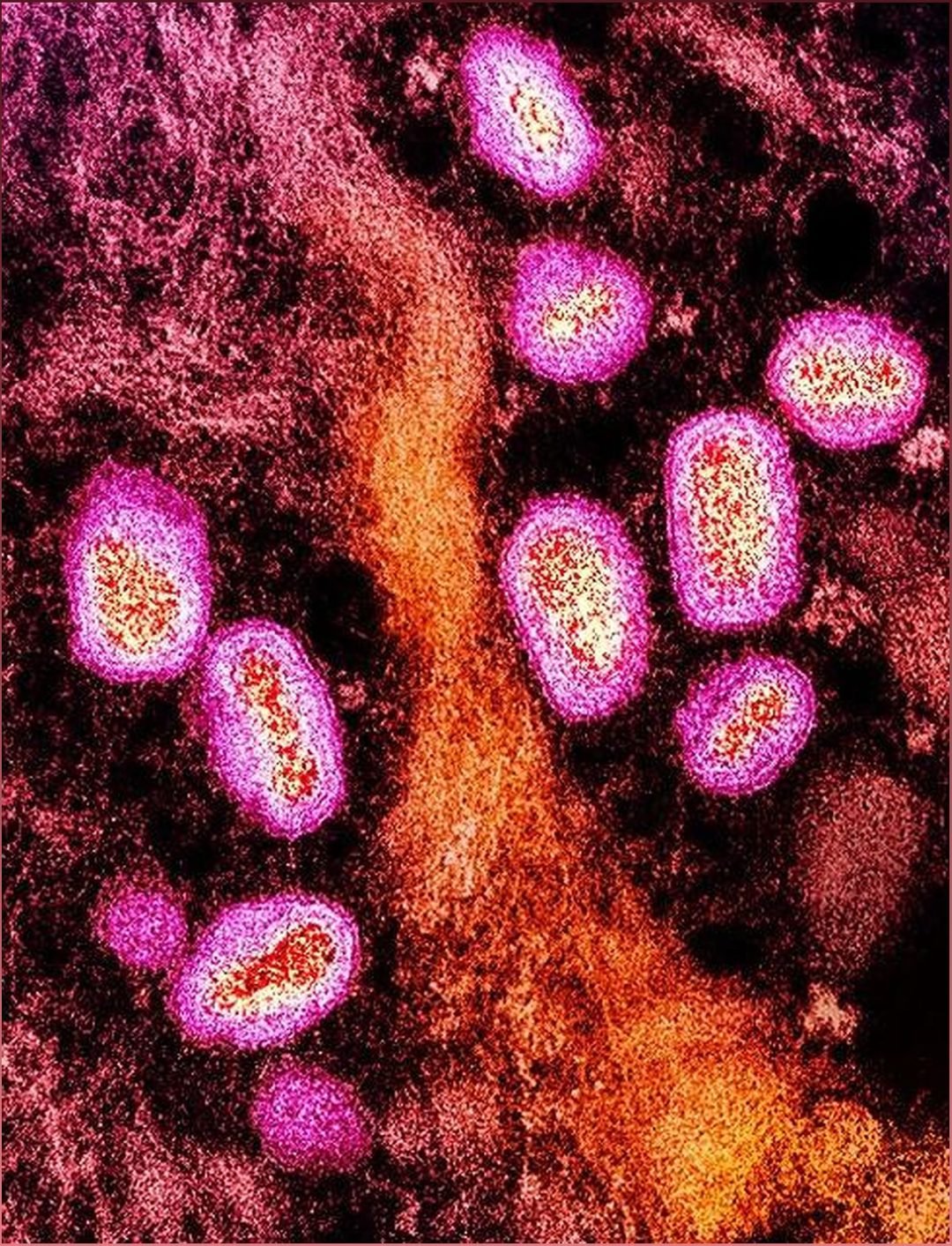Beware of the More Infectious Monkeypox Strain Spreading in the Democratic Republic of Congo
As a content writer, I want to inform you about the urgent situation regarding the spread of a more infectious strain of monkeypox in the Democratic Republic of Congo (DRC). The US Centers for Disease Control and Prevention (CDC) has issued a Travel Health Notice, urging people traveling to DRC to take precautions and minimize contact with others who are ill. This strain, known as clade I, is more contagious and causes more severe infections than the clade II strain associated with the previous global outbreak. Although no cases of clade I have been reported in the United States, it is being spread through sexually associated human-to-human contact in DRC. It is important for doctors and health departments to be vigilant and consider monkeypox when evaluating rashes or swollen lymph nodes in patients who have recently traveled to DRC. Enhanced surveillance and testing are advised if the clade I strain is detected in the United States. While there is a vaccine available called Jynneos, vaccination coverage in the US is low. It is crucial for individuals at high risk, including gay and bisexual men, other men who have sex with men, transgender and nonbinary people with certain risk factors, and those planning to participate in high-risk activities, to take necessary precautions. Stay informed and take steps to protect yourself and others from this more infectious strain of monkeypox.
The Urgency of the Situation
The US Centers for Disease Control and Prevention (CDC) has issued an urgent Travel Health Notice regarding the spread of a more infectious strain of monkeypox in the Democratic Republic of Congo (DRC). This strain, known as clade I, is causing more severe infections and is highly contagious.

It is crucial for individuals traveling to DRC to be aware of the risks and take necessary precautions to minimize contact with others who are ill. This strain is primarily spread through sexually associated human-to-human contact in DRC.
As a content writer, I want to emphasize the importance of understanding the urgency of the situation and taking appropriate measures to protect yourself and others.
Recognizing the Symptoms
Monkeypox can present differently from person to person, making it important for healthcare professionals to consider it when evaluating rashes. Swollen lymph nodes are also a common symptom of monkeypox.

If you have recently traveled to DRC or have been in contact with someone who has, and you develop a rash or experience swollen lymph nodes, it is essential to seek medical attention and inform your healthcare provider about your potential exposure to monkeypox.
Remember, early detection and diagnosis are key in managing the spread of the virus.
Preventing the Spread
The CDC advises individuals traveling to DRC to minimize contact with others who are ill, avoid wild animals, and refrain from eating or preparing wild game. These measures can help reduce the risk of exposure to the more infectious monkeypox strain.

It is also important for healthcare professionals and public health officials to enhance surveillance and testing if the clade I strain is detected in the United States. This proactive approach can help prevent further spread and protect the population.
By following these guidelines and staying informed, we can all contribute to preventing the spread of monkeypox.
Vaccination and High-Risk Groups
While there is a vaccine available for monkeypox called Jynneos, vaccination coverage in the US is low. It is crucial for individuals at high risk, including gay and bisexual men, other men who have sex with men, transgender and nonbinary people with certain risk factors, and those planning to participate in high-risk activities, to consider getting vaccinated.

By getting vaccinated, high-risk individuals can protect themselves and reduce the chances of contracting and spreading the more infectious strain of monkeypox.
Let’s prioritize vaccination and ensure the safety of vulnerable populations.
Staying Informed and Taking Action
As a content writer, I encourage everyone to stay informed about the latest updates on the more infectious monkeypox strain. Regularly check the CDC’s website and other reliable sources for updates and guidelines.
By staying informed and following the recommended guidelines, we can all play a role in preventing the spread of monkeypox and protecting ourselves and our communities.
Let’s take action and prioritize public health.
